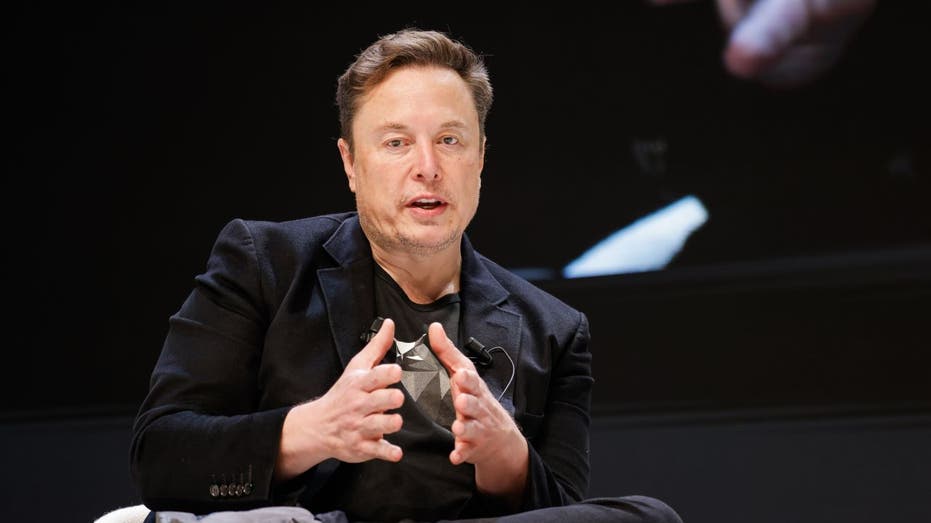Global Bitcoin Adoption Is ‘Just Getting Started’, But Here’s How It Will Accelerate

Rome wasn’t built in a day and it will take time for every country on earth to adopt BTC.
Bitcoin (BTC) adoption by governments and businesses remains a questionable issue, with ‘digital gold’ theories put forward by supporters grim after Tesla sells 75% of its holdings in the second quarter of 2022. faced criticism.
Large entities that buy and sell bitcoin have always moved the needle on how close countries are to using cryptocurrencies as a store of value. The price is $45,000, making it a fairly unprofitable investment.
Regardless of how long it takes for adoption by large institutional investors and the subsequent impact on price expectations, it is possible to roughly estimate the floor price per BTC based on each country’s foreign exchange and gold reserves.
El Salvador may have been the first country to adopt Bitcoin as a legal tender, but its 2,381 BTC position is less than 2% of the country’s total reserves. More importantly, the South American Republic does not rank among the top 100 countries in gross domestic product.
Jamaica, on the other hand, has a population that is 56% smaller than El Salvador and international reserves that are 30% higher at $4 trillion. Even Trinidad and Tobago, a tiny Caribbean island nation with the same population size as San Diego, California, holds $6.9 trillion in reserves.
What became clear was how small El Salvador was (economically) compared to the $15 trillion total held by the 160 countries included in the World Bank data.
Would it be possible for other economies to buy reserves at Bitcoin’s current $20,000 price, and how many coins could each country potentially get, depending on the price of BTC?
Can All Governments Match Their Reserves With BTC?

First, $15 trillion is 39 times the current Bitcoin market cap of $385 billion at $20,000 per coin. In theory, 750 million BTC coins are needed to exchange foreign currency for gold held by any country. Even a conservative 3% allocation equates to 22.5 million BTC, which exceeds the total number of coins in circulation.
Additionally, not all bitcoins have been sold and an estimated 3.7 million BTC coins have been lost since 2009, according to blockchain forensics firm Chainalysis.
This brings the current supply closer to 15.5 million coins, and at the current price of $20,000, a 3% allocation using foreign exchange reserves is even more impossible.
Assuming all owners are willing to sell their coins, the minimum average price required would be $29,000 with a 3% allocation, equivalent to $450 billion.

However, 3.8 million BTC coins have not moved in the last three years, so a more realistic approach is needed. So the owner would have held at his under-$4,000 crash in March 2020 and at his $69,000 peak in November 2021. The circulation is 11.7 million, meaning that the lowest average price for a $450 billion allocation will reach $38,500 per Bitcoin.
Here’s why $38,500 per BTC is a “good deal”:
The prisoner’s dilemma is a classic example of game theory research, showing why two rational actors refuse to cooperate. Betrayal is the dominant strategy for both sides and the most likely reaction in all scenarios.
For example, Switzerland alone holds $1.1 trillion in foreign exchange and gold reserves, so Switzerland’s 3% allocation amounts to $33.3 billion. It is inconceivable that any entity could obtain more than 1 million coins without warning. The rest of the world will struggle to find large quantities at similar price levels.
For example, on October 8, 2020, after Square announced a $50 million purchase of BTC, the price of Bitcoin surged to nearly $11,000. Most recently, on February 8, 2021, reports surfaced that Tesla bought $1.5 billion worth of his BTC, causing Bitcoin to rise by almost $3,000 in minutes.
Moreover, the prisoner’s dilemma theory presents incentives to curb coordination efforts with respect to price or quota caps. One country will get ahead of others by buying ahead of the group or further protecting its balance sheet beyond her proposed 3% quota.
Assuming each country respects the $38,500 price limit and all bitcoin coins that have moved in the last three years are for sale, the holdings by country, taking into account foreign countries and gold reserves, are less than China 2.67 million BTC in Japan and 1.1 million BTC in Japan. Switzerland will hold 864,800 BTC and the US will own her 558,000 coins.
Note that the Federal Reserve currently holds $8.8 trillion in assets on its balance sheet, although US currency holdings are not included in World Bank data.
Ultimately, El Salvador’s investment fell through, and the adoption of Bitcoin as a global store of value is still in its infancy.
Furthermore, game theory presents incentives for countries not to adhere to the price cap beyond the agreed limit, making the theoretical $38,500 estimate too conservative.
The views and opinions expressed herein are solely those of the author and do not necessarily reflect the views of Cointelegraph.com. All investment and trading movements involve risk. You should do your own research when making a decision.
Global Bitcoin Adoption Is ‘Just Getting Started’, But Here’s How It Will Accelerate
Source link Global Bitcoin Adoption Is ‘Just Getting Started’, But Here’s How It Will Accelerate


